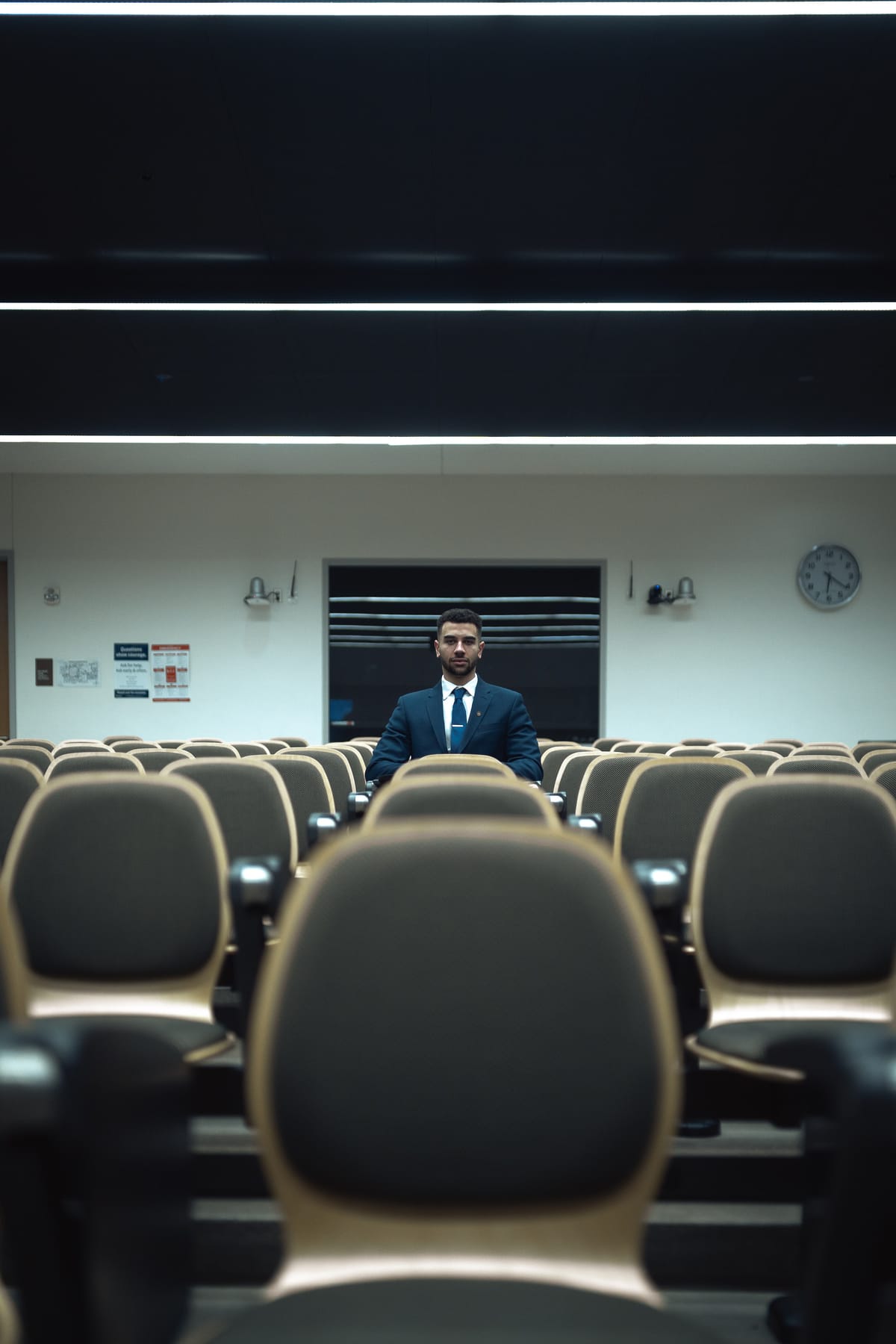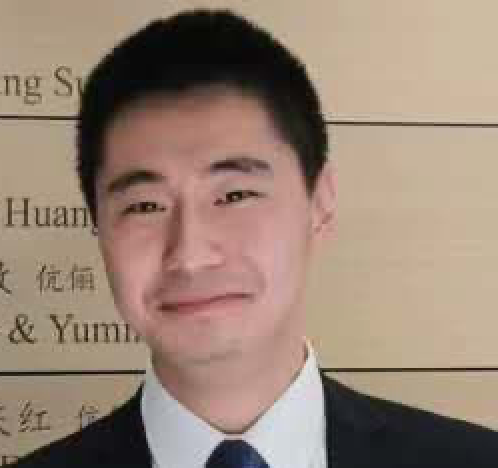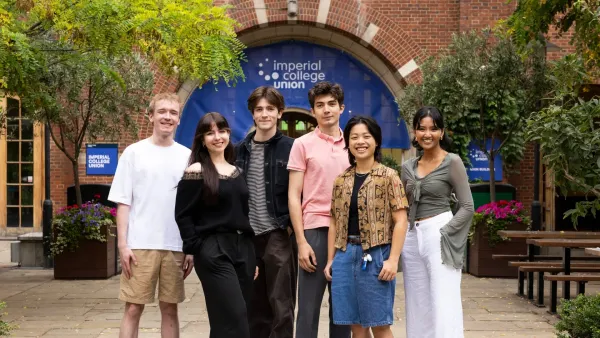Worst experiences of my life - postgraduate students call for consideration
News writer Salina Nicoleau reports on postgraduate sentiment towards the ongoing lockdown and the failure of the College to provide a comprehensive safety-net or no-detriment policy

As previously reported here in the Felix, the Russell Group, of which Imperial College is a member, has announced that it did not consider the use of “algorithmic safety net and no-detriment policies” to be necessary.
While it may seem more feasible to implement such policies for undergraduate degrees the situation is more complex for MSc or MRes students, whose courses typically last one year meaning they lack the past grades to base a ‘safety net’ upon. Many final year PhDs have been able to apply for funding extensions, with further application rounds coming up soon.
To find out how postgraduate students were coping with the pandemic and what their opinions were regarding the lack of a safety net policy, the Graduate Student Union and Felix carried out a survey asking students about the impact of remote learning on their academic performance and experience, and mental health. Needless to say, the results are definitely not satisfactory -with some comments being truly alarming and heart-breaking.
538 students took the survey, of which 82.7% were MSc, 11.9% were PhD and 5.4% were MRes students. 80% felt that remote learning has had a negative impact on their educational experience and/or performance; only 1.1% felt no impact at all.
I’m struggling to get through everything […] it’s honestly been one of the worst experiences of my life
Lack of contact with lecturers, supervisors or tutors was the biggest contributing factor to this poor remote learning experience, with more than 80% of students reporting to miss this essential interaction. Lack of and/or poor-quality feedback, and poor internet connection were also reported by most students.
Other important issues mentioned were the lack of proper lab experience, not having a favourable working environment at home, physical health degradation due to excessive sitting and screen time, lack of networking, trouble focusing and staying motivated, not being given appropriate learning materials, lectures not being recorded (some lecturers seem to consider providing a PDF enough for teaching), and time zone differences not being considered.
Time differences are challenging for all students, whether you are directly affected by them or not. Those living on the other side of the planet suffer from insomnia and reduced attention span due to reversed sleep schedules, while those closer to the UK struggle to communicate and collaborate with their international peers. “It is incredibly difficult working with students in different time zones […] or when you don’t have ideal home working conditions. It is something the college needs to find a remedy for […] University is supposed to be a good experience, not about jumping over hurdles simply to participate”, said one of the responders.
80% felt that remote learning has had a negative impact on their educational experience and/or performance; only 1.1% felt no impact at all
Considering the numerous difficulties they have been encountering and continue to encounter, 84.2% of students feel like they require a safety net policy. When asked about which measures would most benefit their degrees, reassessing how modules are weighted was the option chosen by 62% of students, followed by uncapped resits and lowering or eliminating the evidence required towards application for mitigating circumstances.
But the most alarming findings of the survey are the consequences of remote learning and isolation on mental well-being: 69.5% of the survey participants reported a severe degradation in their mental health. A striking number of students describe being physically and mentally exhausted, while also feeling neglected by the College on this issue: “The university has shockingly shown no regard whatsoever for the students' mental health”; “No one is taking into account the mental impact it is taking being stuck inside with little resources for help”; “I’m struggling to get through everything […] it’s honestly been one of the worst experiences of my life”, said the students.





